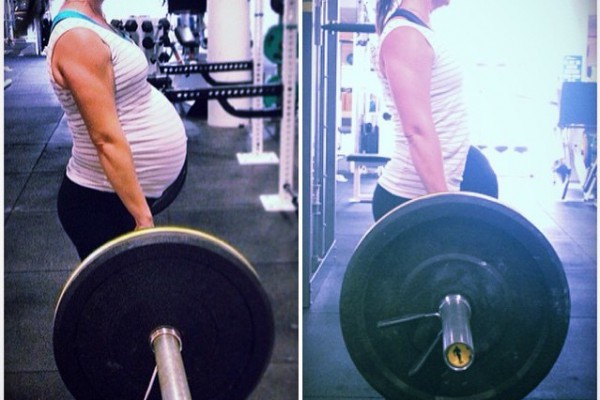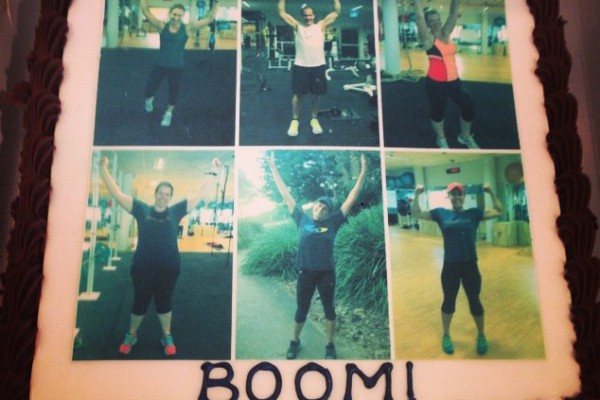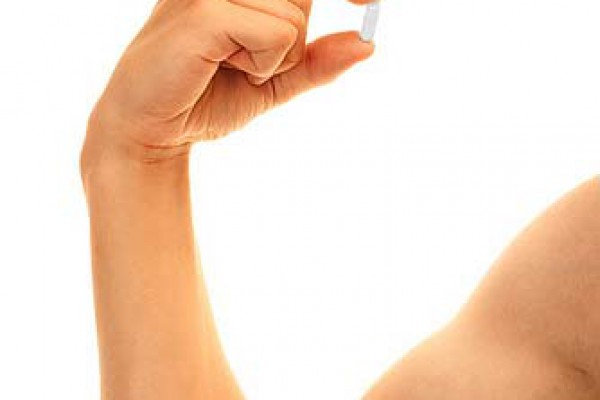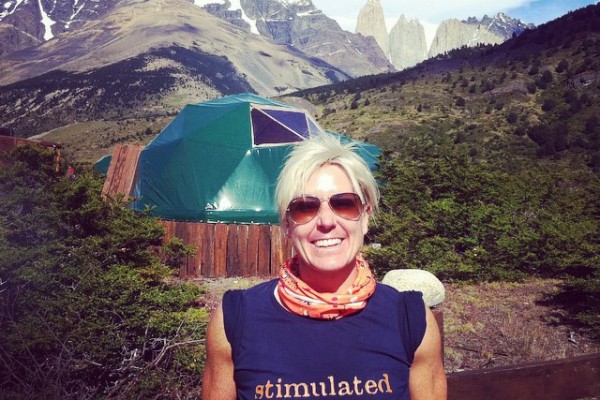 I’m sure most females have probably heard at some stage that they should be either be on calcium or should start taking it immediately, especially if over the age of 40 OR if dairy is not part of the diet.
I’m sure most females have probably heard at some stage that they should be either be on calcium or should start taking it immediately, especially if over the age of 40 OR if dairy is not part of the diet.
Calcium supplementation is in my opinion a controversial topic that is in no way shape or form black and white as many people may believe it to be. Bone density and skeletal health will not automatically jump through the roof or even improve at all if one just starts taking calcium as a supplement. This ‘popping a tablet will protect my bones’ attitude may in fact be detrimental, especially if the focus is purely on calcium supplementation as opposed to implementing a proper exercise regime to support bone and muscle health as well as dietary changes that optimize digestion and hormonal health thus indirectly supporting optimal bone density. Bones are complex organs that not only provide a frame for the body and protect internal organs, but also are a site of mineral storage, red blood cell formation, fatty acid storage and even act as endocrine organs through releasing growth factors and controlling phosphate metabolism- therefore they are an ever changing connective tissue/organ whose health is largely determined by a number of lifestyle factors- namely diet, stress, sleep and activity levels. I feel as if the lifestyle factors are really not stressed enough by both doctors and the media, once again it’s the “take this pill” attitude and all your problems will be solved.
If we look back to our hunter-gatherer ancestors – anthropological bone findings show us that in fact their bones were in much better condition than ours…
If we look back to our hunter-gatherer ancestors – anthropological bone findings show us that in fact their bones were in much better condition than ours and these were people who did not consume diary- how do you explain that? Surely this demonstrates that the answer is not as simple as “x” amount of calcium equates to “y” amount of bone mineral density improvement. Furthermore the sources of food that did provide good levels of absorbable calcium were clearly not dairy derived.
One of the most important factors in determining bone health and density is a proper regime of weight bearing exercise and when I say weight bearing exercise- going for long walks really is not sufficient for both promoting significant increases in bone density as well as encouraging structural balance and correct posture. Note that proper structural and muscular balance are actually essential in preventing injuries, joint degeneration and may be the key in preventing falls as people age. A proper strength training regime/program which is performed weekly and pretty much for life may be the most important factor in maintaining both bone and muscular health. In saying so, strength training must be tailored to each individual depending on their current health status, age, posture and training experience. For example an elderly individual who has never trained with poor posture and muscle strength may adopt a supervised program which focuses on floor and bodyweight exercises before progressing to free weights/machines in combination with low impact exercise such as swimming and gentle pilates/yoga.
Proper strength training for females is particularly important considering that it is heavily under utilized due to common misconceptions that they will get ‘larger’ or ‘heavier’. In fact- females require intensities high enough to be able to cause adaptation in bone, muscle, cartilage, ligaments and tendons. In my personal experience- I have found that health care practitioners generally prescribe low impact forms of exercise such as pilates and yoga whereas recommendations for proper resistance training are rarely touched on or properly discussed.
People have been lead to believe that dairy is the one and all-powerful source of calcium- its as if without it our bones will suddenly turn to dust. Its either eat diary or you MUST supplement with calcium. A lot of people seemed almost shocked when I tell them that I do not eat dairy (apart from the occasional cheese in my salads) and always ask, “but where do you get your calcium from”, I’ll tell you where from – WHOLE, UNPROCESSED AND NUTRITIOUS FOODS and lots of it every day. Now back to our ancestors, how did they get it?? They ate game animal protein, meat off the bone, nuts, seeds, insects and whatever fruits/vegetables were in season. Furthermore they most probably had adequate exposure to sunlight thus ensuring good vitamin D levels, were highly active and performed weight bearing activity everyday and one can almost certainly say that their digestion and gut health were far better in comparison to ours, therefore they would have had adequate HCL production/secretion which is vital for calcium absorption.
So then the question here is do we need to supplement with calcium and do we need to consume dairy? In my opinion the answer is no to both, I strongly believe that incorporating appropriate dietary habits, a balanced strength training regime, optimizing gut health and adequate sleep are key in achieving as well as maintaining optimal bone density. As aforementioned- there is no black and white answer and generally this is the case for most health related topics. Studies and research aside- ask yourself the question- do you honestly believe that consuming a few calcium tablets will ‘protect your bones’ if you lead a sedentary lifestyle, consume highly processed foods on a daily basis and are consistently getting 6 or less hours of sleep a night?
My recommendations for achieving optimal bone density:
- Consume a whole food, paleo-like diet consisting of high quality sources of animal protein (organic, grass fed animal meats, fish, organic eggs) a mixture of raw and cooked vegetables with every meal (including breakfast), fermented vegetables, good quality fats (olive oil, avocado, nuts, seeds, coconut oil), bone broths, meat off the bone and bone marrow. Also –sufficient calories for females especially- strenuous exercise and weight bearing activity coupled with inadequate caloric intake spells a recipe for disaster and will in fact result in reduced bone density with a high probability of osteoporosis.
- Strength training/Resistance- performed 2-4 times per week- depending on the individual
- Adequate sleep- 8-10 hours per night
- Adequate stress management- obviously individual
- Promoting optimal digestion and maintenance of beneficial bowel flora by consuming bitter foods which stimulate digestion and HCL secretion, consuming fermented vegetables, perhaps taking a probiotic and stress management as well as adequate rest/sleep.











